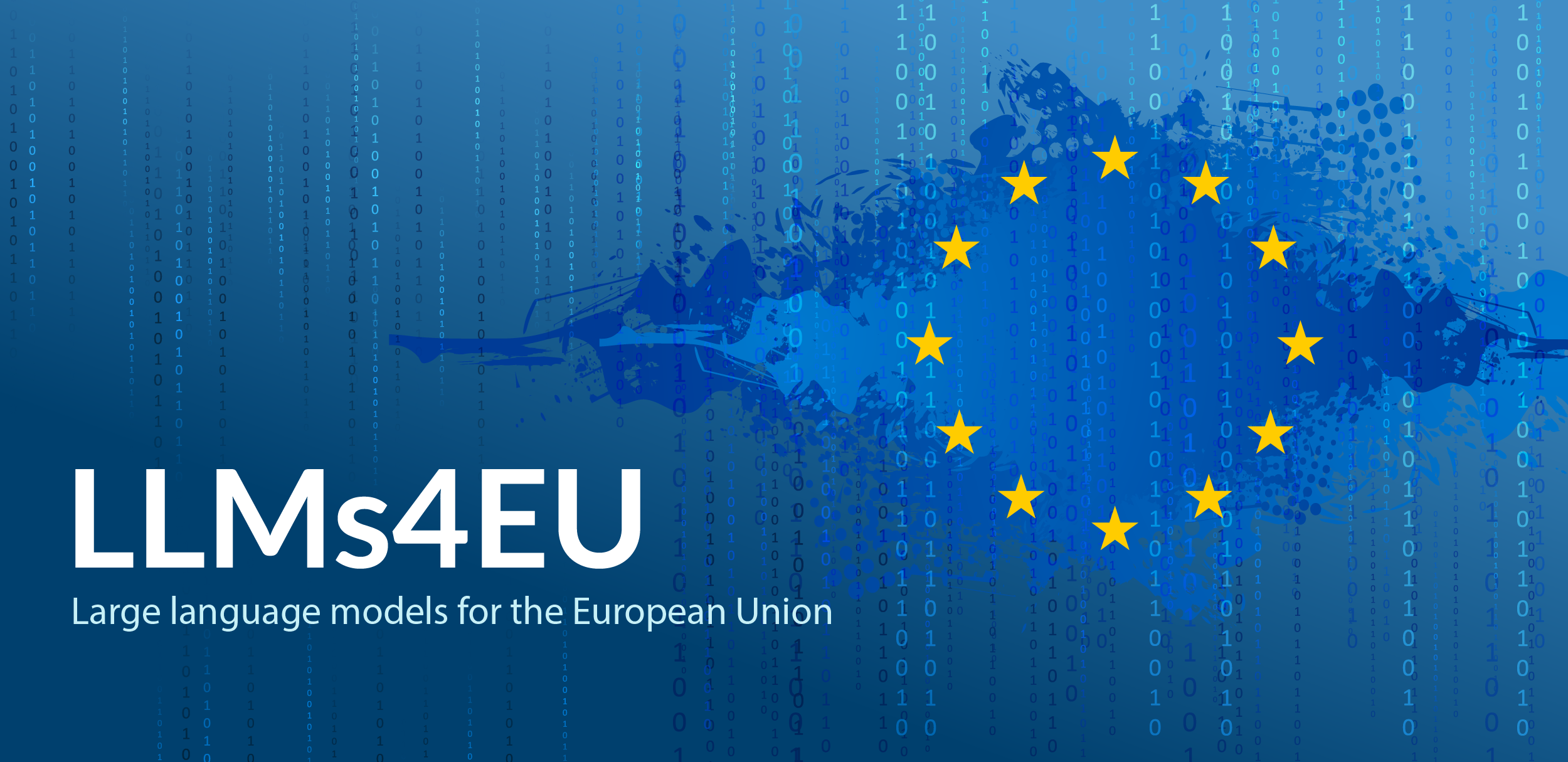The successful launch of Le Chat by Mistral AI demonstrates that countries can independently develop large language models (LLMs). Ongoing efforts in Poland over recent years have led to the creation of national language models that, despite limited global recognition, provide substantial value to local companies and public institutions.
Should Poland develop its own ChatGPT or DeepSeek?
Experts concur that it is essential to create and improve Polish LLMs. Our mutual interest should be to develop the IT sector and the scientific community in Poland. If we do not advance in this field, we risk to lag behind other nations. The Polish economy and scientific institutions depend on language models that reflect the nuances of the Polish language, which are not sufficiently captured by English-language alternatives.
‘It is definitely worth investing in Polish LLMs. They are more effective when processing content written in the Polish language. In Poland, the importance of developing national language models is well understood, as evidenced by the work of several leading institutions. A prominent outcome of these efforts is the PLLuM model, developed by six leading research centres in AI and linguistics, including the National Information Processing Institute (OPI PIB). That said, we should consider whether engaging in direct competition with the US and China in large model development is the most effective path forward, says Jarosław Protasiewicz, Head of OPI PIB.
Does Poland need big LLMs?
A further point of reflection is whether Poland truly requires big LLMs. DeepSeek v3/R1 models boast approximately 700 billion parameters that necessitate at least sixteen H100 GPUs to run, each of them costing about PLN 200,000. To ensure sufficient computational performance for even a small number of users, several dozen more GPUs are necessary. Beyond hardware expenses, the investment entails substantial operational costs, including energy consumption and administrative maintenance. Polish businesses, across all sectors and sizes, generally prioritise task-specific AI solutions over open-ended conversational chatbots. Their preference lies in dedicated LLMs that are optimised for ten to twenty specific business scenarios. This can be achieved by fine-tuning smaller models using domain-specific data, which is a more cost-efficient alternative.
‘I expect that general-purpose models, such as DeepSeek or GPT-4, will continue to be developed to impress with versatile capabilities. They’ll mostly be used to help with everyday tasks and problems. Where safeguarding private data is essential to maintain competitive advantage, the focus will shift toward much smaller, custom-built models designed for specific businesses and institutions. This becomes even more evident if we realize that adapting DeepSeek to smaller models, like LLaMA 70B, through distillation entails a substantial loss in quality,’says Dr Marek Kozłowski, Head of the AI Lab at OPI PIB.
Poland does not have the technical infrastructure of China or the USA. We can, however, develop smaller models—up to 100 billion weights—that can match or even surpass DeepSeek’s performance in specific domains, such as Polish culture or history, provided certain conditions are met.
LLMs in all EU languages
OPI PIB is a partner to the Large language models for the European Union (LLMs4EU) project, which is implemented as part of the European Commission’s Digital Europe programme. The LLMs4EU project aims to preserve European linguistic and cultural diversity through cooperation between economic and academic actors. The project seeks to protect certain European languages in the digital age from being marginalized due to the lack of resources to train language models.
The project brings together Europe’s leading AI experts to ensure that European companies, including SMEs, have access to the tools and resources to become competitive regarding language technologies and LLMs. The goal is to make LLMs and all the tools necessary for their exploitation in all EU languages available in open data by capitalizing on existing European programmes and resources. The tools that will be made accessible to European companies will cover all the steps – from LLM training to ensuring LLM conformity to European legislation, including the AI Act and GDPR.
The consortium to implement the project includes organisations that operate in over twenty countries, which ensures substantial geographical and linguistic coverage. The project will develop different relevant use cases to demonstrate the capacity of European actors to work together to create tools that are tailored to various economic sectors, such as energy, tourism, telecommunications, and science. The coverage of all EU languages will be ensured through the creation of new datasets.
